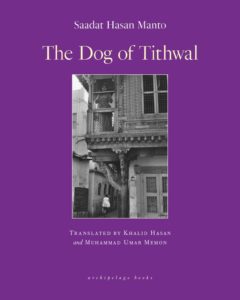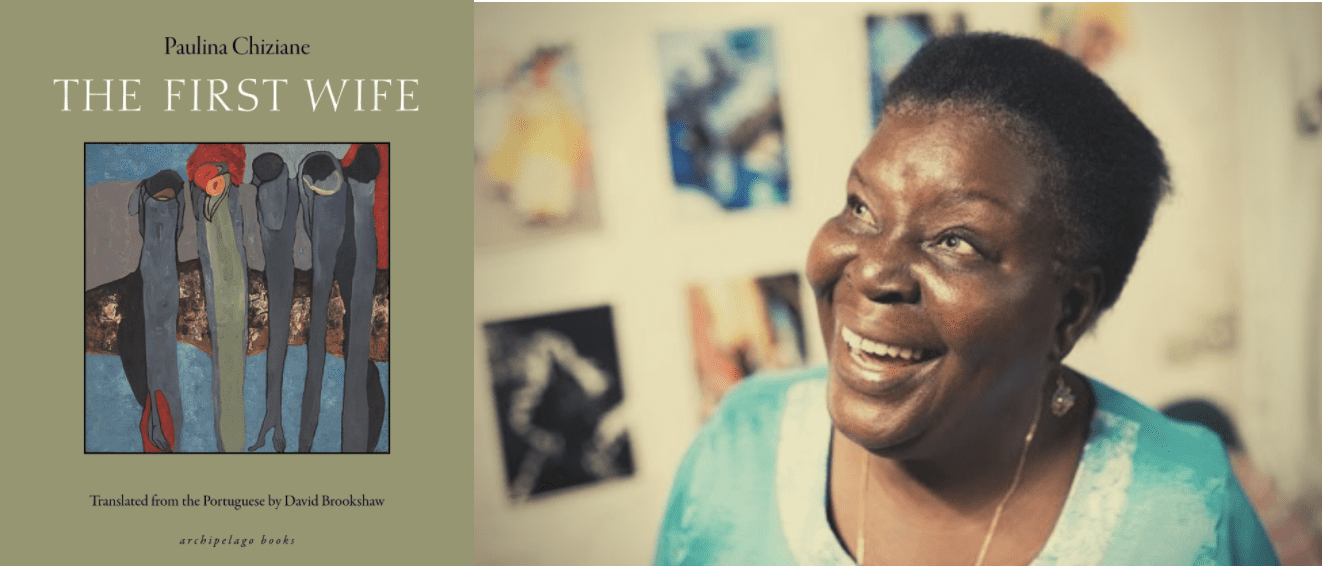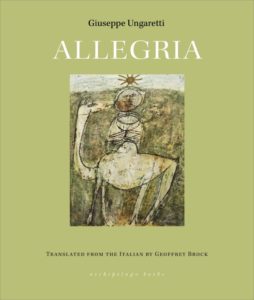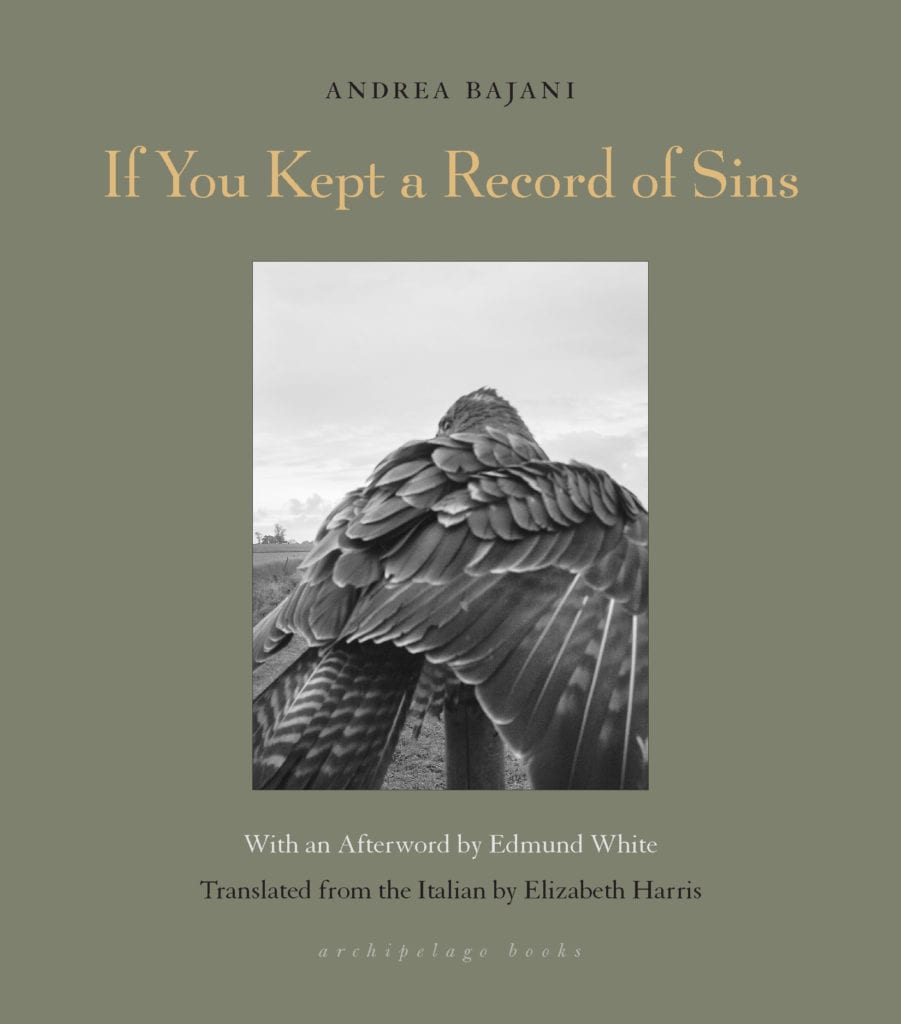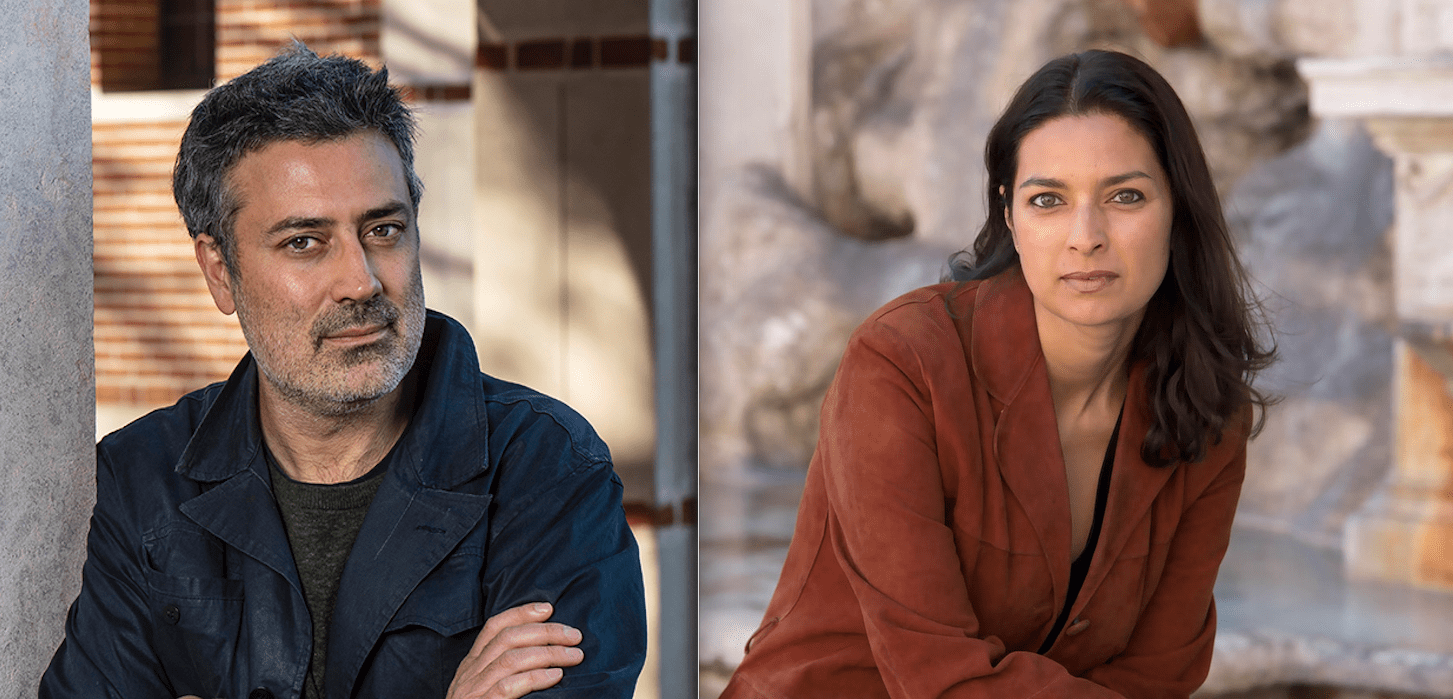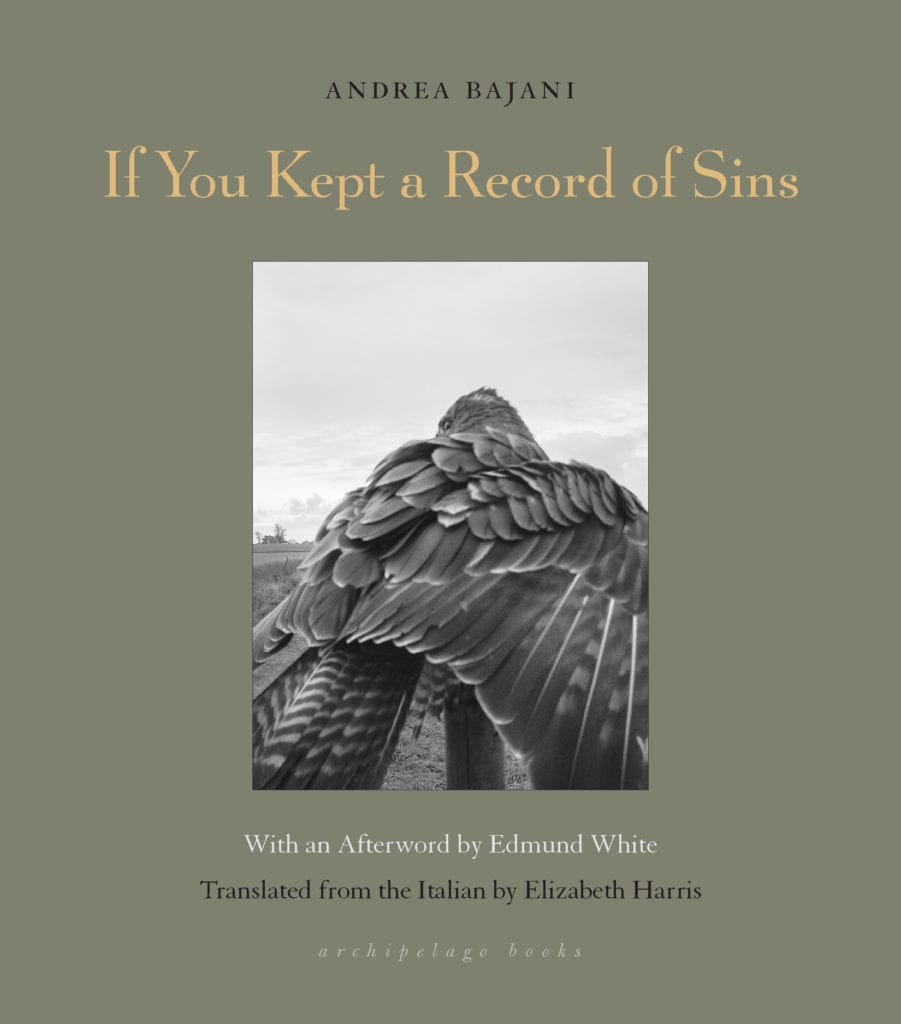We are delighted to share that Boyd Tonkin’s wonderful review of Saadat Hasan Manto’s The Dog of Tithwal, translated from the Urdu by Khalid Hasan and Muhammad Umar Memon, was published today in The Wall Street Journal. Tonkin takes care to situate Manto within his cultural moment and examines many inimitable threads of Manto’s profound contribution to literature. You can find the review here, and read an excerpt below:
Despite his renown, it has proved hard for English-language readers to measure Manto’s achievement. Translations have been patchy, although Vintage issued the excellent selection “Bombay Stories” in 2014. This scarcity makes Archipelago’s new collection of 32 stories all the more welcome. Mostly translated by Khalid Hasan and Muhammad Umar Memon, but with four contributions from Aatish Taseer, the volume comes with a preface by Vijay Seshadri that sketches the qualities of Manto’s “firm, precise, and limpid Urdu prose.” His empathy, obliquity and narrative economy invite comparisons with Chekhov. These readable, idiomatic translations have all the agile swiftness and understated poignancy that parallel suggests. But the world they bring to life can be brutal indeed.
Manto’s style encompasses droll fable, mordant satire and grainy realism. “Mummy” itself shows him at his bittersweet best. Set in the Indian city of Pune during World War II, it depicts Manto himself—or, at least, a fictional avatar of the author—as he spends a debauched holiday with movie-business pals: bit-part actors, wannabe directors, screen- struck parasites and fantasists. Through their alcoholic haze drifts the legendary “Mummy”: an Anglo-Indian (mixed-race) woman called Stella Jackson who runs a genteel bordello. Like the movies themselves, Mummy conjures a “simple and beautiful and reassuring” world of pain-free pleasure where her rum- and Scotch-guzzling clients “felt no emotional unease.” Instead, Manto shifts that unease onto the reader. We glimpse the despairing inertia of the men and the peril and confusion of Mummy’s teenage charges. During this story about self-deluding sentimentalism and the harm it spreads, his friend Chadda tipsily toasts “this man called Manto,” who “claims that he can fathom the depths of the human soul.” For Chadda, that’s “a lot of rubbish.” Readers may disagree.

